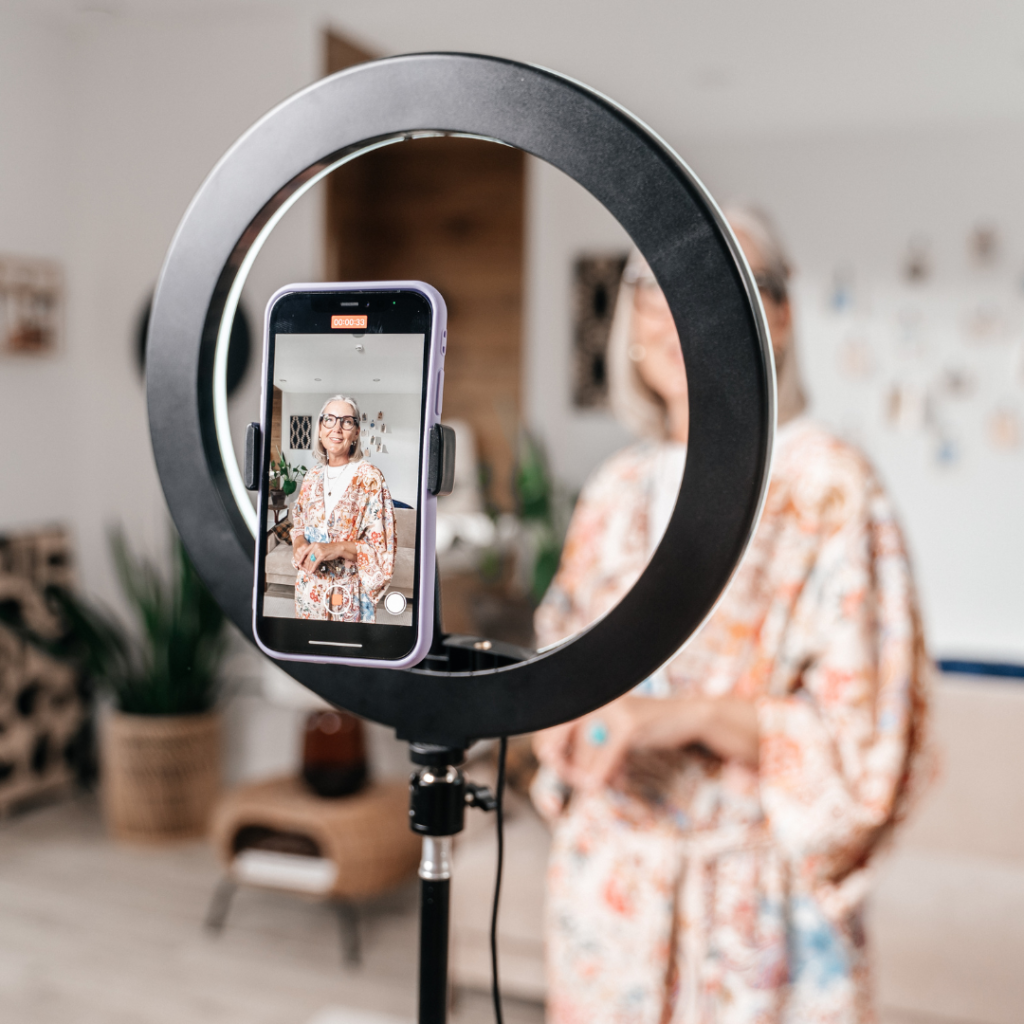
The communication rules for an aesthetic doctor
In the medical field, communication is an essential element for establishing a trusting relationship with patients. However, as an aesthetic doctor, it is crucial to adhere to certain ethical and deontological rules defined by the Medical Board. In this article, we will explore the communication rules that every aesthetic doctor should know, especially in terms of digital communication.
What you can and cannot do in medical communication
According to the Medical Board, aesthetic doctors are not allowed to directly advertise medical procedures or products on social media. It is also strongly discouraged to pay for advertising to promote your website or Instagram account, for example. Instead, you can share general information about your aesthetic treatments without direct promotion. You can use SEO (Search Engine Optimization) and SMO (Social Media Optimization) to share informative content.
It is imperative to preserve patient confidentiality on social media. Before sharing before-and-after photos, you must obtain written consent from patients and blur their faces to preserve their anonymity. Also, you should not use shocking or inappropriate images to promote your services. Before-and-after photos should be used with caution and with respect for patient dignity. To assist you, we have created Aesthekit, a patient management application that includes features for generating before-and-after images. You can share them with a single click on your social media.
As a professional in aesthetic medicine, you are not allowed to directly solicit potential patients via private messages on social media. Instead, you can encourage them to contact you through an in-person consultation or a phone appointment.
In your communication, it is essential not to make excessive or unrealistic promises regarding the results of aesthetic treatments. You must provide objective and transparent information about the benefits and risks of treatments. Similarly, it is prohibited to use false or exaggerated testimonials to highlight your treatments. You should stick to authentic and verifiable testimonials.
Attention, Since the law n° 2023-451 of June 9, 2023, the promotion of aesthetic procedures by commercial influencers is prohibited. Instead, you can collaborate with healthcare professionals to share relevant information.

From a rhetorical perspective, it is also essential to act cautiously. Aesthetic doctors should not use sensationalist or alarmist language to draw attention to their services. It is important to remain professional and factual in communication. Do not compare your services or results with those of other practitioners. Each aesthetic doctor has their approach and skills, and communication should highlight these aspects positively and constructively. Finally, it is advisable not to use the word “Botox,” risking sanctions.
Our expertise in medical communication
With over 10 years of expertise in the field of aesthetic medicine, we implement effective and ethical communication strategies for our clients. Every week we stay updated on aesthetic medicine news and the latest instructions from the Medical Board.

We ensure that all our communication campaigns scrupulously respect the rules established by the board, thus guaranteeing ethical medical practice. We have precisely created a guide to respect all good practices!
We advocate transparency and authenticity in all our communications, providing accurate and objective information about the proposed aesthetic treatments.
Our team of experts in medical communication offers personalized support to each aesthetic doctor, developing strategies tailored to their needs and specialty.
Contact us for ethical communication: nclergeau@medical-production.fr



